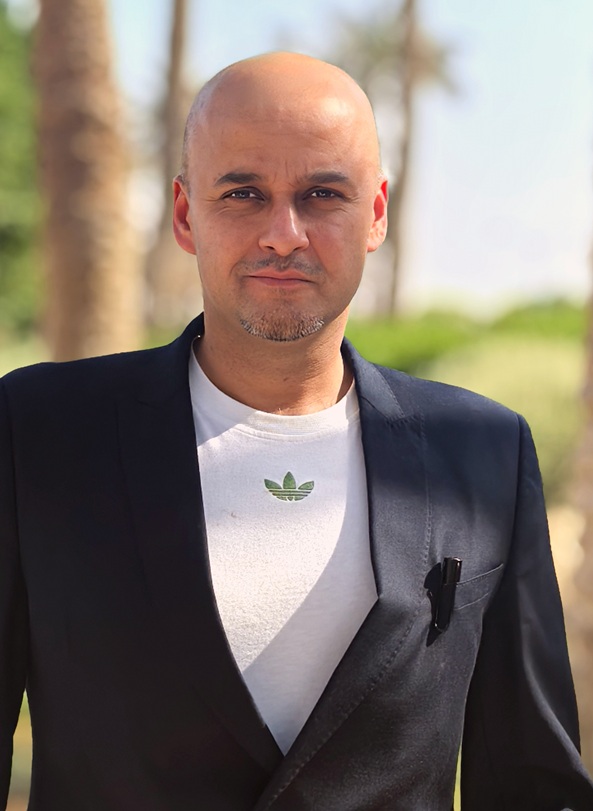About Global Policy: Next Generation
Global Policy: Next Generation is an annual issue from Global Policy. GPNG is a multi-disciplinary, peer-reviewed journal that provides a platform for PhD students and early career researchers to publish the next generation of groundbreaking research in global policymaking. We publish peer-reviewed work on par with the most rigorous of academic journals whilst also broadening horizons in terms of both content and authorship.
We publish work that pushes beyond the predominant Western-centric viewpoints in global policy research and diversifies the scope of research to include both macro and micro levels of global policy challenges. In doing so, GPNG creates an opportunity for early-career researchers around the globe to meet this need for innovative and transformational research ideas that have both theoretical value and practical impact on policymakers.
Beyond the excellent work we publish, the GPNG project, has, and will continue to be a platform for supporting, guiding and mentoring ECRs through the academic publication process, embodying a ‘build as we climb’ ethos. We provide detailed feedback to authors at every stage of the review process.
As an editorial team, we seek to bring to the fore ideas and research that are at the leading edge of policy work regarding issues that are multilevel – local and global, and micro and macro in size and impact. Importantly, we place no disciplinary restrictions upon the content of submissions other than their relevance and influence on the current and future policy issues worldwide.
We look forward to hearing from you.
The Editorial Team

Aasim
Aasim Khan is Asst. Professor, Department of Global Studies at KFUPM, Kingdom of Saudi Arabia and a political scientist studying how technological change impacts governance institutions and society at large. His most recent work has focussed on the intersections between the development of AI and the political economy of entrepreneurship in South Asia. He received his Ph.D. in Politics and Public Policy from the King’s India Institute, King’s College London (2018), and has a masters in global media from the University of London.
Natalie
Natalie Braun is based at York University in Toronto, Canada, where she is pursuing her PhD in political science. Rooted in geopolitical economy, her research investigates current shifts in the world order – the decline of the ILO, the rise of the “new” state capitalism, deteriorating US-China relations, and emerging South-South cooperation – and situates these changes within the broader development of imperialist and anti-imperialist relations of capitalism.
Jess
Jessica Eastland-Underwood is a Career Development Fellow in International Political Economy at Durham University. Her research agenda is focussed on the intersection of everyday political thought, economic ideas and racism. Her work has been published in New Political Economy and Journal of Political Ideologies. She completed her PhD at the University of Warwick looking at different conceptions of ‘the economy’ between Black Lives Matter and anti-lockdown protesters during Covid-19. She also received her MA from the University of Warwick.

Rob
Rob Hanson is an associate researcher at the Centre for Ethics, Politics, and Society at the University of Minho. His research focuses on the role of agency, identity, and normativity in policymaking and implementation. He has published on a broad range of policy related topics including: sustainability financing in the Global South, the philosophical viability of environmental pragmatism, and the role of culture in matters of public health. He completed his Ph.D. at Durham with a thesis on the politics of world heritage, advocating discursive, bottom-up approaches to policymaking to challenge the perseverance of Eurocentric ideals and neo-colonial power structures.

